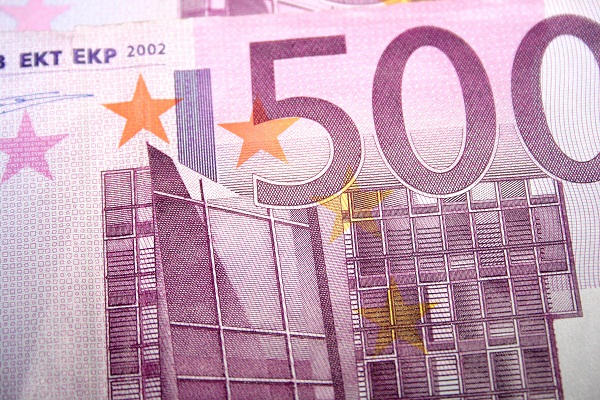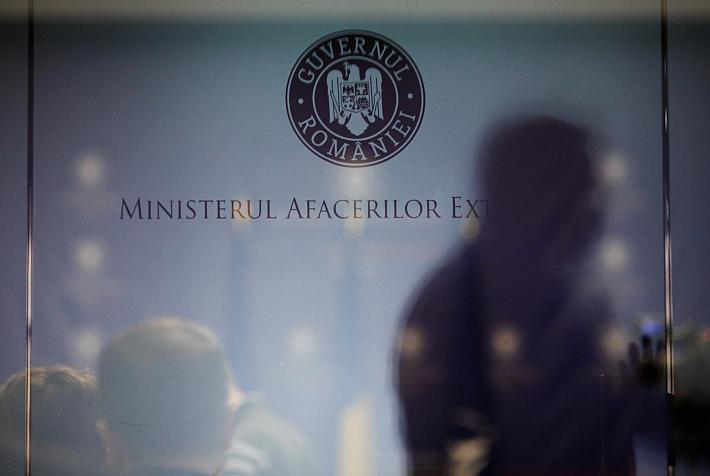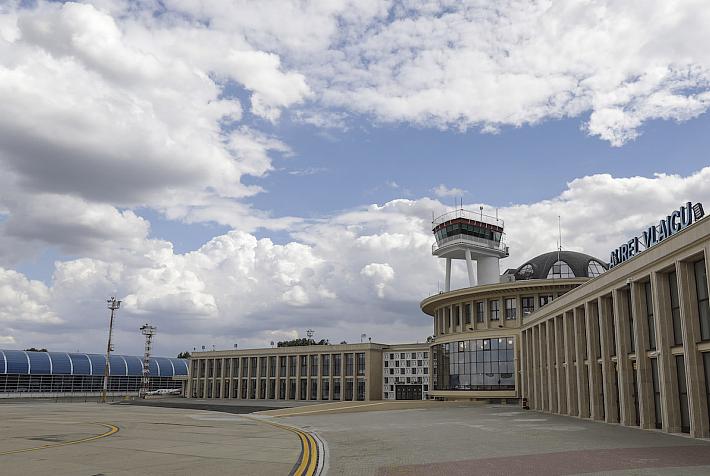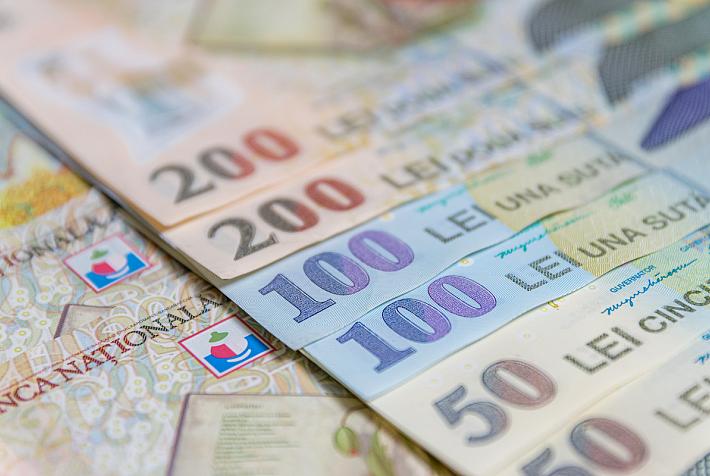PwC: eurozone fall out to hit Romanian exports and banking sector
 A tough year for Europe coming up, according to PricewaterhouseCoopers' 2012 European predictions. PwC's four scenarios for 2012 all suggest stormy times ahead and it looks as though it could be good few years before the sun shines on the eurozone's economies again. And the bad news doesn't stop at the eurozone. The fall out from whatever happens to the euro will greatly affect the whole of the EU and the rest of the world. “We expect these scenarios could have an impact well beyond the eurozone. Countries like the UK and US, or countries in the CEE region, such as Romania, are likely to see falls in exports and banking sector problems,” said Yael Selfin, head of macro-consulting and a director in PwC’s economics team.
A tough year for Europe coming up, according to PricewaterhouseCoopers' 2012 European predictions. PwC's four scenarios for 2012 all suggest stormy times ahead and it looks as though it could be good few years before the sun shines on the eurozone's economies again. And the bad news doesn't stop at the eurozone. The fall out from whatever happens to the euro will greatly affect the whole of the EU and the rest of the world. “We expect these scenarios could have an impact well beyond the eurozone. Countries like the UK and US, or countries in the CEE region, such as Romania, are likely to see falls in exports and banking sector problems,” said Yael Selfin, head of macro-consulting and a director in PwC’s economics team.
The PwC gives four different scenarios that can be expected, depending on what choices EU politicians make in an attempt to resolve the debt crisis.
The first scenario is a massive cash injection into at risk economies by the European Central Bank (ECB). This, believe PwC, would stave off recession, but come at a cost of high inflation and a depreciating euro. Growth, according to PwC predictions, would be slower in the long term- 1.5 percent in 2016 against up to 3 percent in the other scenarios.
Scenario number two envisages what PwC terms “orderly defaults” for the most debt ridden countries. This precipitates a downward debt spiral and a prolonged recession, lasting up to three years, with around 5 percent cumulative GDP loss in the eurozone. Growth predictions suggest a pick up to 1 percent in 2015 and 2 percent in 2016 and steady inflation below 2 percent.
PwC's third scenario sees Greece being kicked out of the euro. Economic catastrophe in Greece, tough fiscal rules in the eurozone and recession are set to follow.
The final, and perhaps the most drastic scenario is the “new euro.” France and Germany launch a new smaller, more tightly controlled eurozone. PwC predict a boom in the countries remaining in the new currency bloc and deep recession for excluded countries; 10 percent inflation and minus 5 percent growth.
None of the options make particularly cheerful reading, even recession avoiding scenario one comes at a price. “A harsh adjustment to a new fiscal reality will be unavoidable, regardless of the path politicians decide to follow,” said Selfin. Whatever the politicians decide, PwC believe it will happen quickly, “Although it will have taken politicians two years to face up to the moment, the resolution they finally agree is likely to be implemented overnight in order to minimize market actions that can make it harder to implement,” concluded Selfin.
Liam Lever, liam@romania-insider.com
(photo source: Photoxpress.com)











